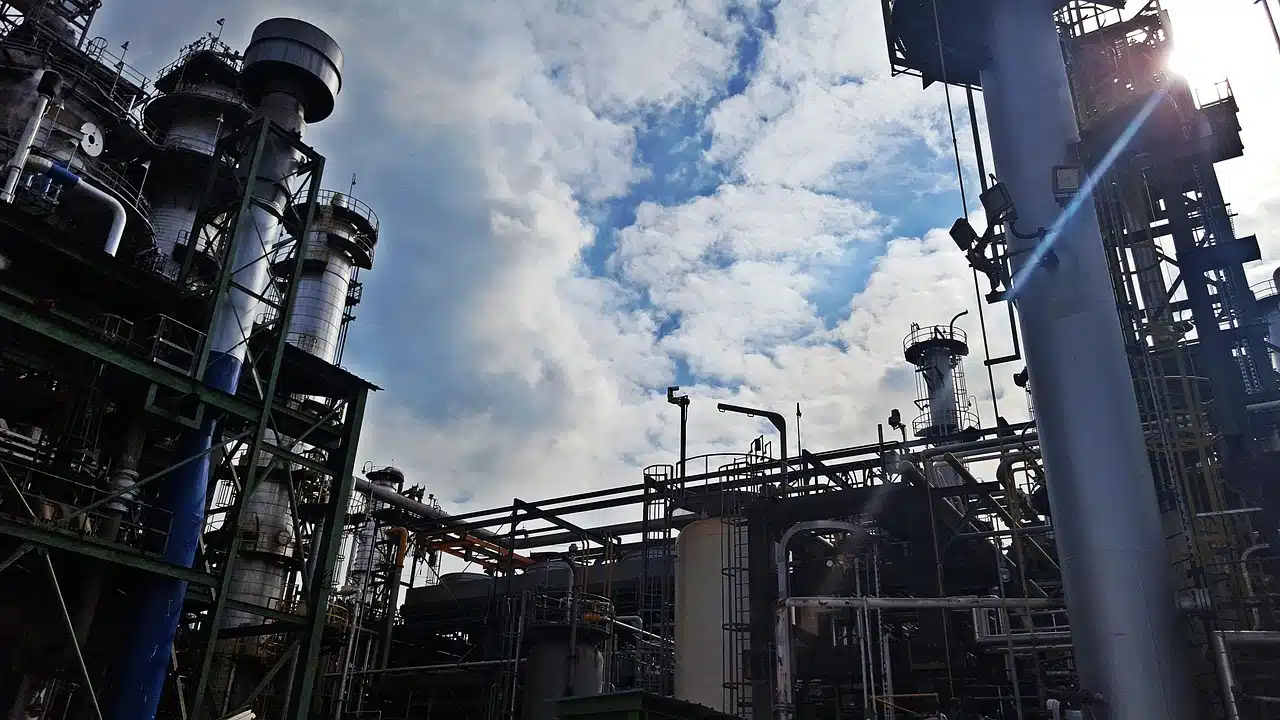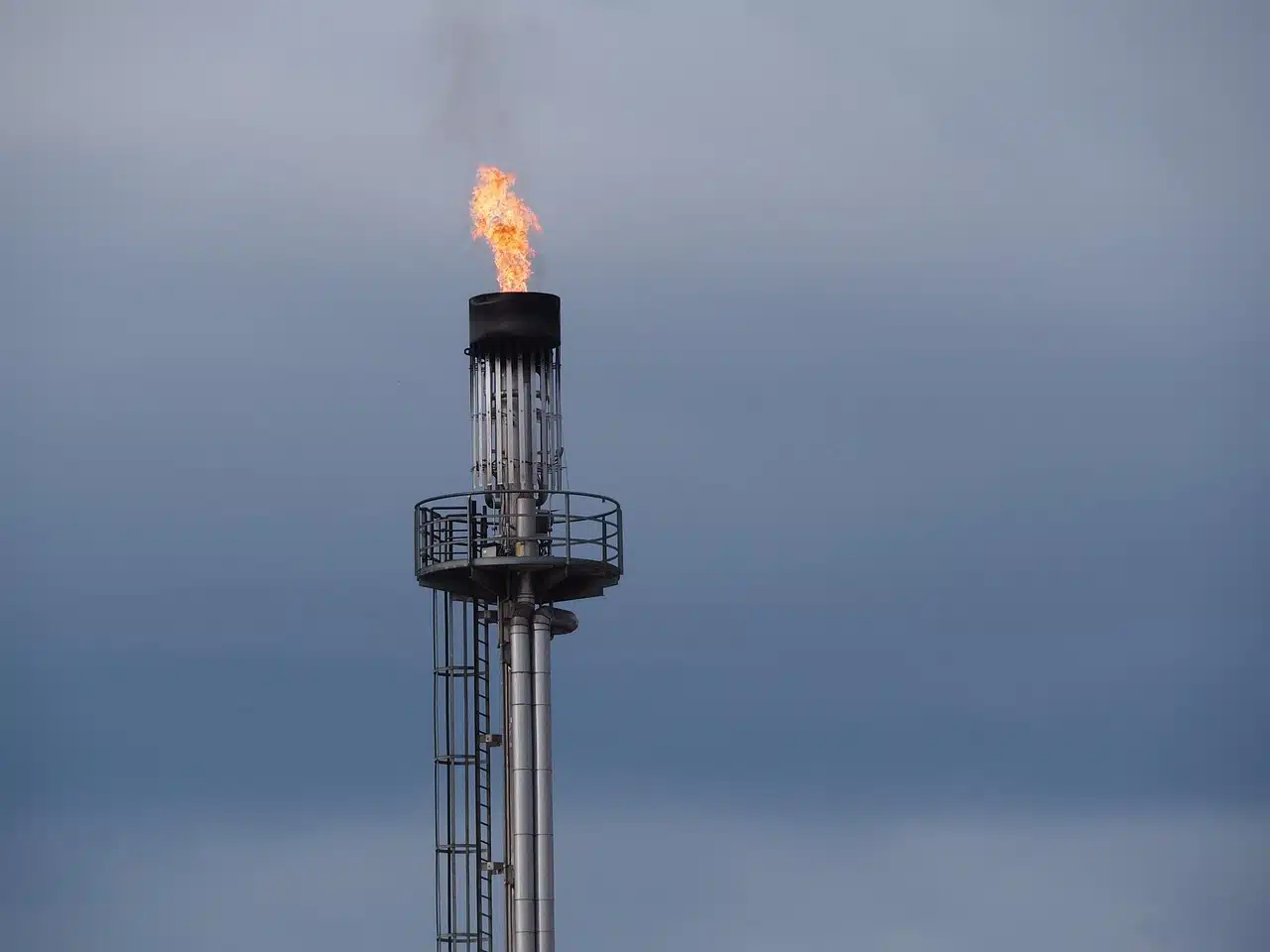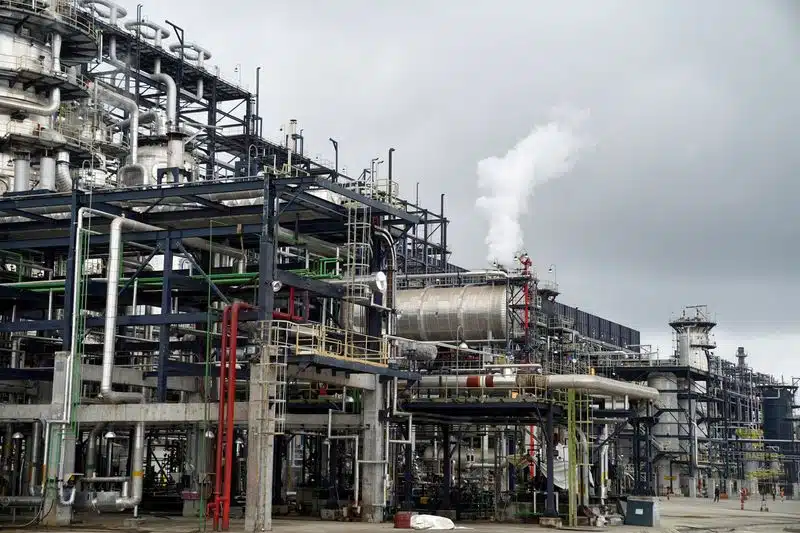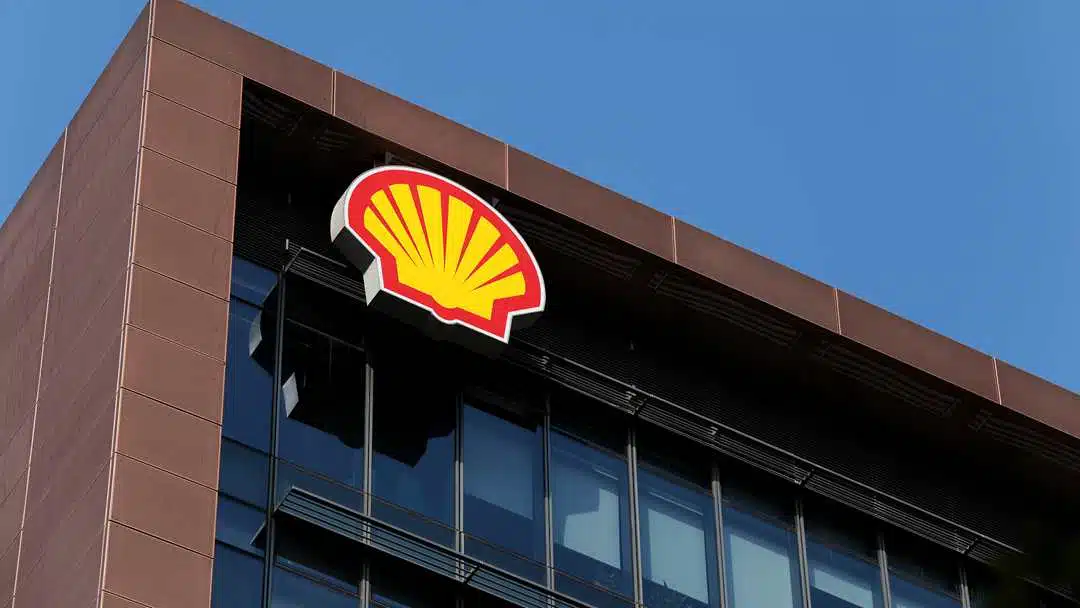The Chief Executive Officer (CEO) of Renaissance, Tony Attah, has called for a review of the Petroleum Industry Act (PIA) to align with emerging global realities in the oil and gas sector.
Attah, who leads the consortium that acquired Shell’s onshore assets, made this known in a statement on Thursday while speaking at a CEO forum in Lagos, Nigeria.
The veteran oil and gas executive noted that although the PIA—Nigeria’s key legislative framework for the sector—took nearly 20 years to be enacted, several trends have since emerged that the Act does not address.
According to him, the rise of technologies such as digitization and artificial intelligence in the oil industry, for example, are not captured in the PIA, making it outdated in light of present-day realities.
“The PIA that has been passed into law was a bill for 20 years. And over the 20 years while we are romancing the bill, the rest of the world moved on.
“But when we passed the bill, we didn’t take cognizance of the transition that has happened over the 20 years that we are dilly-dallying. But for whatever it’s worth, we now have an Act. I think that Act should be reviewed for current realities.
“The Act doesn’t take cognizance of digitization, AI. It is a bit outdated on arrival. For me, the revision of the Act is the first thing,” Attah said.
Securing pipeline for industry value optimisation
Speaking further, Attah also urged regulatory bodies to prioritise pipeline safety to optimise value addition in the sector.
The CEO stated that pipeline vandalism, sabotage, and related incidents negatively impact the industry by disrupting the value chain from production to the point of sale.
According to him, strengthening regulations around pipeline safety would ensure better service delivery for both producers and end users.
Nigeria continues to grapple with frequent pipeline vandalism, often resulting from external sabotage linked to oil theft.
According to reports, the country loses an estimated 400,000 barrels of crude oil per day to oil theft, making it difficult to meet supply needs for local refineries and generate revenue from exports.
“The regulators need to be a better job of defining what it takes to secure our pipelines and ensure that whatever we produce can get to point of sale and become value to our country Nigeria,” Attah added.
Moreover, the CEO also remarked on the growing presence of indigenous oil companies in Nigeria, noting that these firms now account for about half of the country’s hydrocarbon production.
Despite being Africa’s leading oil producer, Nigeria continues to fall short of its OPEC production quota due to challenges such as oil theft, sabotage, and declining output.










